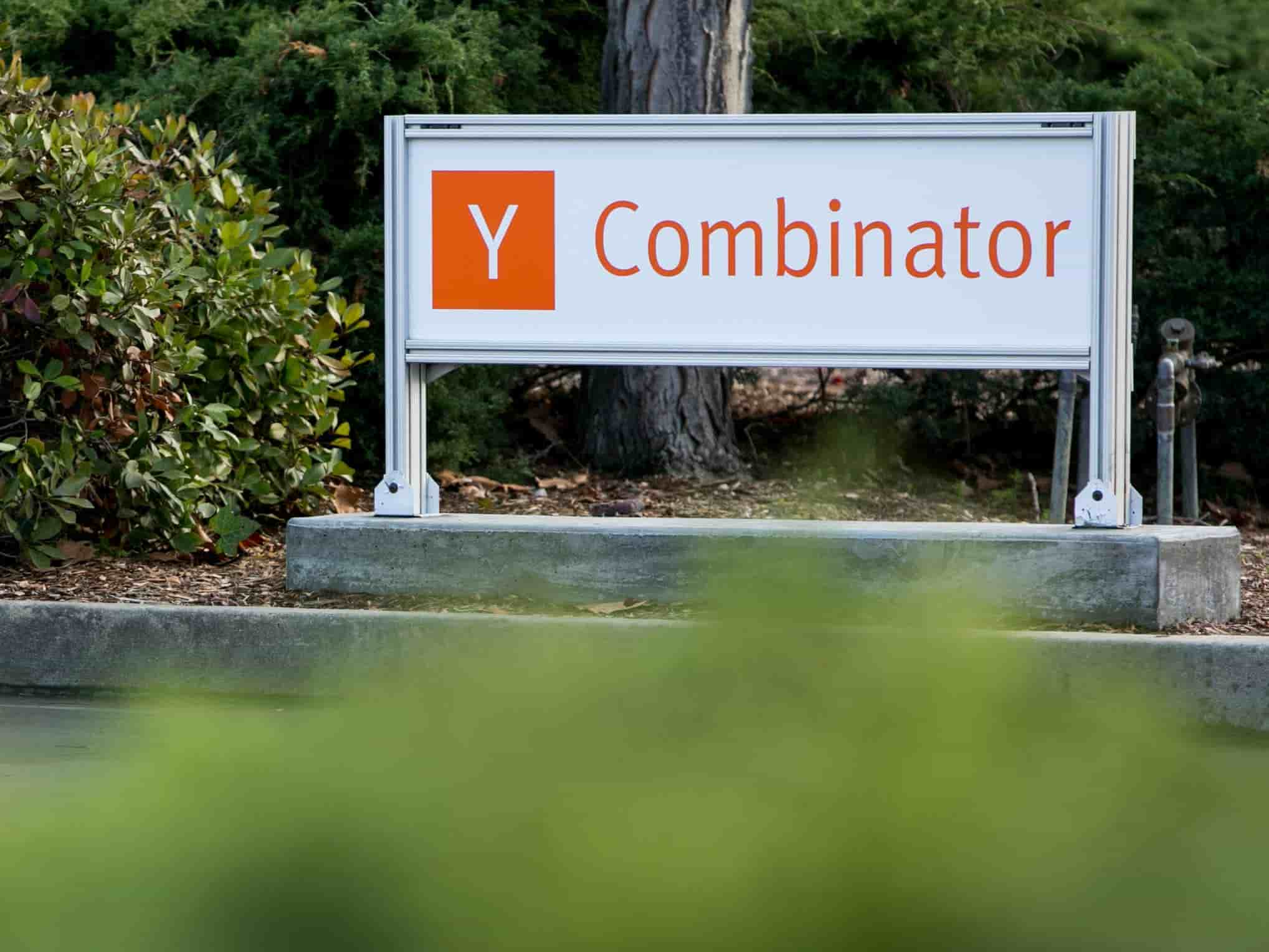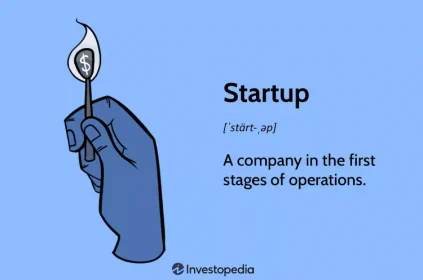Y Combinator has successfully become a household name in the startup ecosystem. And often time, it goes beyond funding for most startups who undergo the acceleration program.
In a previous post, we shared a story of two dropout students who founded a fintech startup – Blueloop and subsequently made it into the YC accelerator program.
According to the CEO and co-founder of Blueloop, Ben Eluan, one major highlight of undergoing the acceleration program is reputation.
Aside from the reputation that comes with YC-backings, the startup also intends to “leverage the funds, the mentorship, and the awesome global network of startups and investors.”
Interestingly, Blueloop is not the first YC-backed startup to either make reference to reputation or become a beneficiary of YC’s global network of startups and investors.
Like every other year since its launch in March 2005, the California-based Silicon Valley firm invests a sum of $125,000 (formerly $150K) in early-stage startups selected from a pool of applications.
These selections are further separated into batches per annum – one runs between January and March (Winter), and the other between June and August (Spring).
This year’s selection for Winter (W21) showcased 350 startups selected from across 41 nations worldwide.
Unlike the previous year, where demo day lasted for two days, this year’s own was held on March 23 and lasted for a single day.
ALSO READ: Over $13.3Bn Lost In 5 Years As Cybercrime Rose By 125% In 2020 – Report
Notably, African startups were included on the list, although compared to last year’s, this year’s selection has fewer participants.
Specifically, only 10 African startups made it to this year’s W21 list, where there were 12 in 2020.
5 of the 10 African startups selected to pitch are from Nigeria
It was an interesting day for the Nigerian startup ecosystem, as 5 of the 10 African startups selected to pitch were from Nigeria.
The remaining 5 comprises 3 startups from Egypt and one each from Ivory Coast and Kenya, respectively.
Of course, this doesn’t sound unfamiliar, considering that Nigeria has mostly dominated the YC selection from Africa right from the onset.
According to an infographic prepared by techcabal in 2020, a total of 40 African startups were funded by YC between 2009 and 2020. This year’s W21 will make the list 50.

Source: Techcabal
As seen above, Nigeria dominates the list with a total of 22 YC-backed startups, a figure that has further increased by five, thanks to the latest selection.
Also, Egypt follows with a total of 5 YC-backed startups, which will be boosted to 8 due to the latest selection.
ALSO READ: Top 5 Financial Moments Of 2020 That Shook The Nigerian Startup Space
While this has been the case for a couple of years now, it may be okay to say that YC has a preference for the Nigerian startup communities.
However, the reason for this cannot be far-fetched, giving the high level of competence found amongst most Nigerian startups, many of which are dominated by fintech companies – one that has continued to drive significant economic growth.
Meet the 10 African Startups that Pitched at Y Combinator’s W21 Demo Day
Whether Nigerian or not, this year’s W21 selection is a win for the African startup ecosystem generally, and it can only get better from here.
On that note, meet the 10 startups who made it to YC’s W21 demo day:
Blueloop (Nigeria)
Founded in September 2020 by Ben Eluan, Osezele Orukpe, and Israel Akintunde, Blueloop is the brain behind Flux – a cross-border mobile payment platform that leverages cryptocurrency.
With the flux platform, users, either as individuals or businesses, can send and receive money from anywhere around the globe in cryptocurrency and subsequently convert to fiat currency.
The platform, which is accessible via mobile app or website, also works as a regular banking app, allowing users to send and receive money locally; send money to banks, and pay for goods and services.
Another interesting part of Blueloop’s founding story is that two of the founding members are school dropouts – click here to read more about their struggles.
Mono (Nigeria)
Based in Nigeria, Mono is an API fintech solution built to enable digital businesses in Africa to access their customers’ financial accounts for data and payments.
With the sole purpose of creating an open financial data system for Africa, Mono provides APIs and tools for developers to build a better customer experience.
ALSO READ: VSAT Training Programme Will Reduce Poverty, Criminal Activities – Pantami
The platform was founded by Abdulhamid Hassan, who formerly worked as a Product Manager at Paystack; and Prakhar Singh, who previously founded Transferpay.ng.
Dayra (Egypt)
Dayra is an Egyptian API fintech platform that allows SMEs and big-scale companies to offer financial services like loans to their unbaked workforce or customers through its proprietary software and digital platforms.
The startup was founded earlier in 2019 by Hesham Ghandour, Mohammed Ennabah, Abdelrahman Rizq, after which it won a $15,000 grant from YC startup school.
The newly secured $125K from Y Combinator will be an addition to a wider $3 million pre-seed funding round the startup had previously raised.
Flextock ( Egypt)
Flextock is another Egyptian startup that made it to this year’s W21 YC selection. The logistic startup was founded in September 2020 by Mohamed Mossad and Enas Siam.
The startup provides end-to-end tech-enabled, simple, simple, fast, and affordable fulfillment solutions for businesses in Egypt.
Vendease (Nigeria)
Founded by Tunde Kara, Olumide Fayankin, Gatumi Aliyu, and Wale Oyepeju, Vendease is a procurement platform that links restaurant managers/owners and farmers/large scale food suppliers together.
Launched in January 2020, the startup acclaimed to be Amazon Prime for restaurants in Africa provides a transparent process for hotels and restaurants to get the best quality products at best possible price.
In addition to its large-scale grocery solution, Vendease also provides ‘Buy Now Pay Later’ service to its network of restaurants, allowing them to pay for goods after they have made a profit.
Sendbox (Nigeria)
Headquartered in Nigeria, Sendbox is a delivery solution company for e-commerce and social commerce sellers.
The startup, which operates in the logistic space, offers services such as shipping and escrow payments to merchants within and beyond Nigeria’s borders.
ALSO READ: Ride-Hailing Startup, Gokada Appoints Nikhil Goel As New CEO
The company was founded in 2016 by CEO/CTO Emotu Balogun and COO Olusegun Afolahan, which previously founded a fashion e-commerce marketplace – Traclist.
Djamo (Ivory-Coast)
Like Kuda of Nigeria, the Côte d’Ivoire-based startup is a challenger bank whose goal is to deepen financial inclusion in the francophone African region.
While it is the first startup from Ivory Coast to be backed by YC, Djamo enables users to pay for a wide range of bills, including Netflix subscriptions and Amazon fees.
Interestingly, users can request debit cards delivered through the startup’s logistic services within 48 hours of registration.
Kidato (Kenya)
Founded in 2020 by Sam Gichuru, Kidato is an ed-tech platform that seeks to provide school pupils with a world-class education at a much cheaper rate.
The platform, which was inspired by the impact of the COVID-19 pandemic, is a substitute for physical education; however, it provides much better conditions than most private schools within the region.
“Kidato classes have student-teacher ratios of 5:1 and teach the same rigorous international curriculum as other private schools — but at a fraction of the price,” the company’s profile on YC webpage reads.
NowPay (Egyptian)
Based in Egypt, NowPay is a fintech startup that helps manage corporate employees’ financial wellness, making it possible for them to have access to advance payment.
ALSO READ: Cowrywise: Nigeria Fintech Startup Raises $3 Million Pre-Series A Funding
Founded in 2018 by Sabry Abuelenien and Mostafa Ashour, the startup recently raised an undisclosed pre-Series A round led by Global Ventures and Y Combinator.
Prospa (Nigeria)
Finally on the list is another Nigerian-based challenger bank founded in 2012 by Frederick Obasi and Rodney Jackson-Cole.
With its proprietary technology platform, which allows for a fast, simple online application process, Prospa offers SME loans between $5000 and $250,000 with funding made possible within 24 hours.
The fintech platform helps micro-businesses make international payments to over ten countries, including China, Kenya, the UK, and the US.
With the new entrants, we can hope for more inclusion of African startups in the future selections by YC, especially in the next round due for the spring season.



















 and then
and then